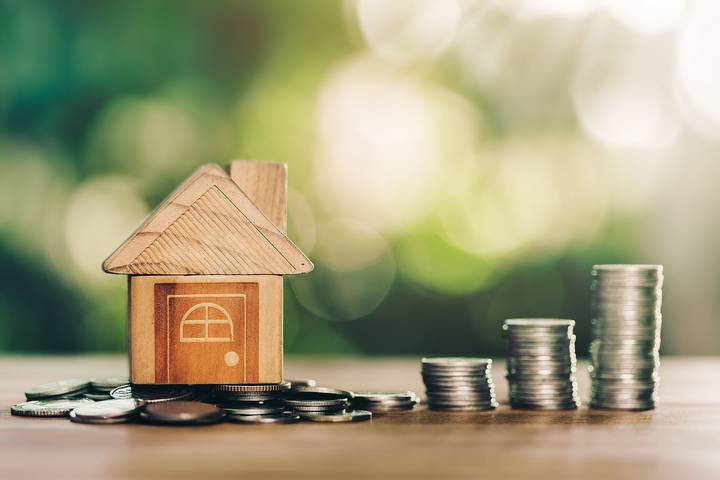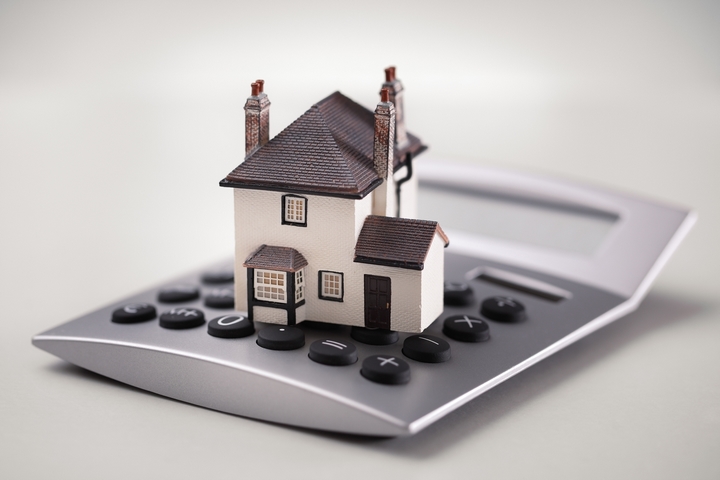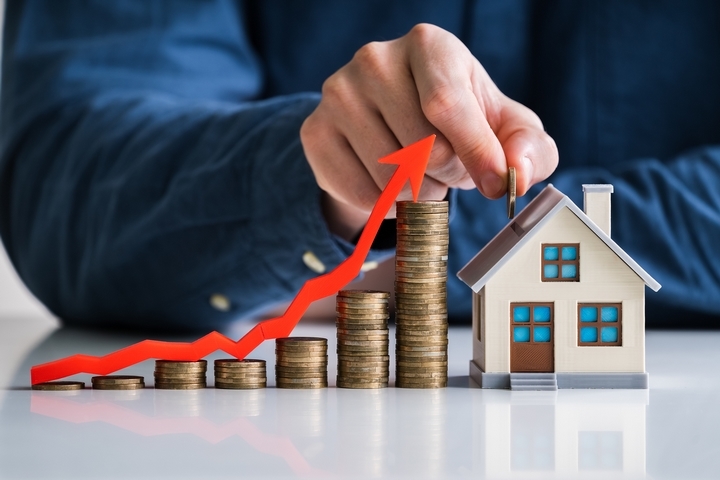Tax lien investing is a unique category of investments. When a homeowner has not paid their property taxes, their municipality can place a lien against the property for what’s owed. The lien prevents the property from being sold or refinanced. The tax lien certificate can also be purchased by a third party which is how you define tax lien investing. The return this sort of investment earns is interest on the debt owed.
When you buy a tax lien, you’re investing in tax debt. Municipalities want their property tax revenue as soon as possible. They rely on property taxes for their budget and for funding essential services. Due to this, municipalities will allow an investor to pay the homeowner’s bill. In exchange, the investor receives the tax lien certificate, and they’re essentially reimbursed plus interest once the homeowner can redeem their taxes.
Let’s learn the ins and outs of how tax lien investing works.
Tax Lien Investing

Tax lien investing is a low-risk category. The property backs the investment, so it’s a very stable way to invest and has attracted individuals and institutional investors. Plus, you’re almost guaranteed some sort of return, sometimes as much as the initial investment, depending on when the property owner pays their taxes. Interest rates on a tax lien average, are 3-7%. It is also worth noting that this is simple interest, not compound.
Tax liens can offer a high rate of return, usually 10-18% annually. If you diversify your investment portfolio by investing in tax sales Ontario, there is potential to generate significant passive income. That said, one doesn’t casually invest in tax liens. The rules vary depending on the region, and to earn such a return, it’s integral to learn more about how tax lien investing works in your province.
Where to Buy Tax Lien Investments in Canada

Tax liens are typically sold at auction. During these auctions, unlike bidding up at other auctions, you’re instead bidding down. This works because the investor willing to settle for the lowest interest rate gets the tax lien certificate.
You need the initial capital to purchase the investment to buy a tax lien certificate. It also bears keeping in mind that you become responsible for paying the property taxes until the homeowner redeems them.
When to Buy Tax Lien Investment

As a tax lien investor, you’re waiting for the homeowner. Unlike other investments, a tax lien investor doesn’t get to decide when to give up the investment and generate a return unless they wish to surrender it to another tax lien investor.
After the government places a tax lien on a property, the property owner has a last-chance grace period where they can redeem the property taxes. You should expect a return within that grace period time frame.
Risks of Tax Lien Investing

Despite 98% of all tax lien investments generating a return by the property owner paying their taxes, some won’t. In those situations, a tax lien certificate owner can foreclose on the property and take ownership. This means you become the homeowner for a fraction of the cost you may pay if you buy real estate. A great deal! But that doesn’t mean there aren’t risks.
If you have to foreclose on a property, that can be expensive. It can also take months and, sometimes, even years. You will need a hire a lawyer in the interim and cover all those costs. During the foreclosure process, you risk the property value falling.
Furthermore, even when there aren’t necessarily issues with the foreclosure, there’s no guarantee the property won’t have defects that make it extremely expensive to repair, i.e. damaged roofing, plumbing, electrical, foundation, structural damage, or something else. You could end up with a difficult sale and refinance the property.
There’s also the risk of fines, citations, judgments, or issues with obtaining the title. If the property owner declares bankruptcy, this can interrupt foreclosure efforts, either delaying them or preventing you from foreclosing altogether.
Tax Lien Investing Returns

Research is the best way to maximize returns and minimize risks if you’re serious about pursuing tax lien investing and tax sales as a source of investment income. Before you buy a tax lien, research what you’re buying.
Do a title search. While you aren’t permitted to go in and inspect, you can visit the property to look at it from the road. Look at what similar properties in the area are valued at as well. You can’t have too much information before purchasing a tax lien investment.




